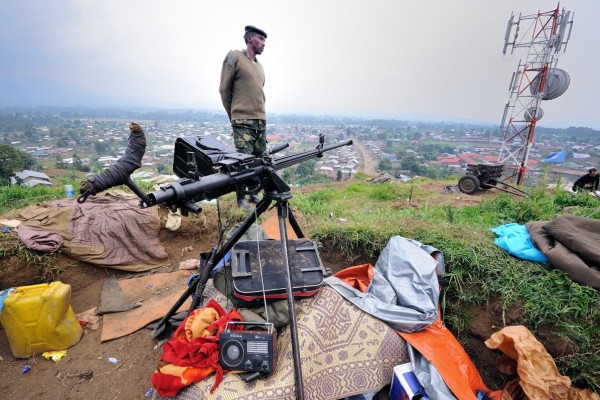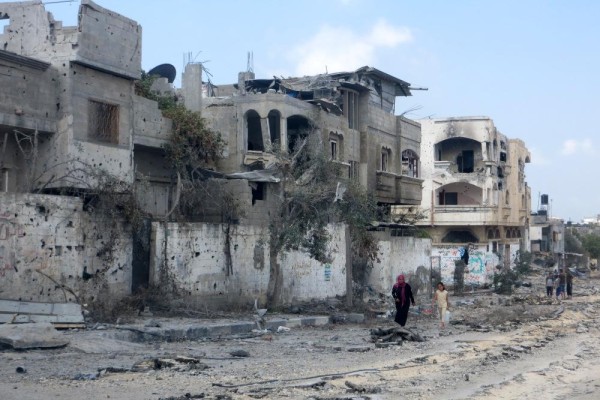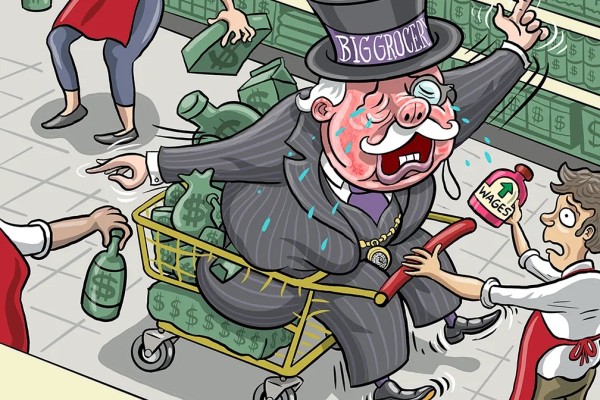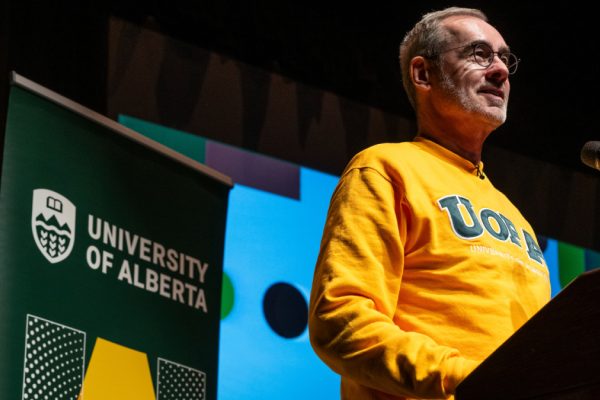-

Here’s one easy trick to combat foreign political interference in our media
Postmedia has largely replaced local news coverage with paid content, including a long-running campaign for the Canadian Association of Petroleum Producers, and under new CEO Andrew Macleod ordered its editors to hew even harder to the right politically. We are thus in effect paying foreign-owned media to feed us propaganda, an irony perhaps not lost on Justice Hogue.
-

The foreign interference report’s great anticlimax
The conclusion that one can draw from this is that by helping discredit Canadian institutions, the false accusations and exaggerated claims that have been made about foreign interference appear to have done far more damage than the actual interference itself, whose impact was “limited,” “marginal” and “largely ineffective,” according to the Hogue report.
-

Canadian hands in Congo drip with the blood of millions
Congo has been wracked by more than a century of violent colonization and imperialism resulting in millions of deaths—and Canada has supported it all, or at best stayed silent while watching it happen. The federal government’s strong support for the Kagame government today contradicts Canada’s purported principles and should be seen as a stain on our global reputation.
-

To respond to Trump’s tariffs, Canada should nationalize its oil industry
There is no doubt that Trump’s tariff threats pose a very real problem for Canada. The US accounts for almost two-thirds of Canadian trade volumes, and virtually all of Canada’s oil exports go south. But responding to this threat with anything but capitulation will require a significant break from the decades of policy that opened the door to foreign ownership.
-
_800_600_90_600_400_90_s_c1.jpg)
Amazon closures an act of economic terrorism
Terrorism is defined as an act of violence, usually harming innocents, that is motivated by a political or ideological goal. By that standard, write economist Jim Stanford, Amazon’s decision to shut all seven of its warehouses (euphemistically called ‘fulfilment centres’) in Québec, to avoid unionization at one of those warehouses, is an act of economic terrorism.
-

The shame of what we’ve done
Peter Beinart’s new book, Being Jewish After the Destruction of Gaza, says the maudlin story we Jews tell ourselves of our virtue and heroic endurance inoculates us from seeing Israel’s agency in creating the resistance it faces: “We must now tell a new story to answer the horror that a Jewish country has perpetrated… We are not history’s permanent virtuous victims.”
-
_600_400_90_s_c1.jpg)
Canada’s vassal status on full display with return of Trump
Following the Danish example and hoping that playing along will win us favours is unlikely to produce significant dividends. If Trump’s bluster and threats force Canadian leaders to realize this and to reconsider the nature of their relationship with our southern partner, in a perverse way he might even end up doing us some good.
-

Squatting the master’s house? Lessons in grassroots resistance from Bologna
In an historic victory for grassroots resistance, an Italian court has set a precedent by recognizing moral grounds for defying state violence. On December 12, 2024 a Bologna court ruled that members of Làbas, a social centre in Italy’s most left-wing city, acted out of “particular social and moral value” when they resisted a violent eviction by militarized police in 2017.
-

Breaking the corporate stranglehold over Canadian consumer life
From gasoline to housing to groceries to concert tickets to fertilizer, the average Canadian can no longer afford a comfortable life, and everyone knows it. Denise Hearn and Vass Bednar expose the details of the current crisis in a new book, The Big Fix, and propose solutions to bring the country back to a more inclusive economy that allows for better competition and fairer pricing.
-

Far-right attacks on EDI goals go unanswered by Alberta’s post-secondary education leaders
More information has been revealed about why the University of Alberta decided to replace “equity, diversity, and inclusion” initiatives with a “new framework” called “access, community, and belonging” (ACB). It is clearer than ever that the impetus for this move was political and ultimately aimed at placating the province’s far-right politicians.



